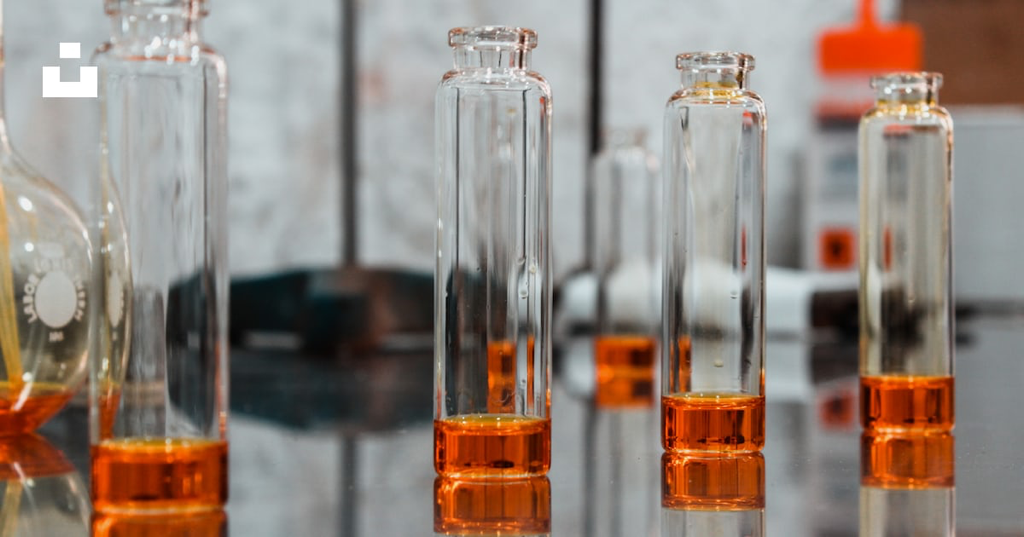All the companies, nowadays, are competing to introduce new innovations and technologies to meet continuously changing needs and trends of the world. Chemical industry works to increase the quantitative and qualitative value of production, that is to produce more products at its highest quality and chemical purity. Modern technologies like IoT and machine learning are opening new opportunities in all the business including chemical industry. New advanced solutions may help in monitoring complex chemical processes [1].
In the area of the chemical industry, the IoT enables solutions to collect data from different types of devices and machines or track parameters during a process. Thanks to this, industry can perform more efficient operations, showing much more satisfying results. The IoT technologies in a chemical industry can streamline processes and operations such as providing smart machines, optimization and better capacity for data storage. Data collected, using an IoT-enabled apparatus, will become beneficial for predicting future trends and outcomes. Combined with machine learning technologies, companies may get promising results and become an intelligent enterprise [3].
IoT shows many benefits since its introduction in the chemical industry. The automation may increase productivity of employees and deliver much better experience with end-users, by responding immediately to their needs. People, however, are not the only to profit from introducing the IoT to the industry. It has been shown that it also positively influences the equipment by increasing its lifetime and minimizing the downtime. Additionally, on-the-fly analysis allows immediate adjustment to any unexpected changes [5].
The most popular use of the IoT in a chemical industry was developed in a remote monitoring of processes and operations. Having the possibility of using a partially, or even fully-monitoring devices decreases potential risk of any hazardous situation. By using the data coming from your connected machines, analytics can progress into predictive maintenance, that identifies equipment failure and sends immediate alerts. This became very popular for the development of power plants [7].
An interesting functionality was being developed for the super computer, running simulations, that can predict the overall performance and properties of catalysts. Machine learning can help defining the best available resources. Additionally, performed simulations may help to determine impact on environment [8].
The IoT development has also found its use in an enhancement of gas sensors technology. With a higher precision and fast responsiveness, monitoring of any potential gas leakage may become easier, which will result in diminishing the likelihood of gas poisoning with e.g., carbon monoxide. It may also help detecting the depletion of oxygen. Sensors can be also implemented as smart tags on wearables, which can help in alerting the exposure to dangerous substances at work [8].
New opportunities for the chemical industry are to be developed in 3D printing. The amount of 3D-printable materials in limited, therefore the progress in that area may present innovative feedstock and driving new revenue streams. 3D printing can significantly speed up the experimental chemical research, as it makes possible to manufacture even complex multi-component chemical equipment directly in the laboratory without a significant delay. This applies both to the fundamental chemical research, as well as to research and engineering projects [6].
In a continuously changing world, companies are forced to develop quickly and work on new innovations, that will help them increase the income and become attractive among competitors. While the market shows growing demand for automated solutions, the IoT proves its usefulness for many different types of industries. Not a surprise, that more and more companies are getting interested in the IoT and plan future actions in order to present more efficient, but simple processes, simultaneously generating more savings [2].
IoT-NGIN project aims at developing next generation IoT systems. The developments in IoT-NGIN are being tested in different living labs by introducing different use cases. The chemical industry can also benefit from the results of IoT-NGIN by adopting its innovations for efficient solutions in production and engineering.
References
[1] https://openautomationsoftware.com/industries/iot-chemical-industry/
[2] https://www.ge.com/digital/blog/how-chemical-companies-can-untangle-iiot-strategies
[3] https://www.endress.com/en/industry-expertise/chemical/iot-chemical-industry
[4] https://www.cetjournal.it/index.php/cet/article/view/CET1867081
[5] https://www.rejigdigital.com/chemical-industry/
[6] https://www.marketsandmarkets.com/Market-Reports/iot-in-chemical-industry-market-128161274.html
[7] https://www.chemicalindustryjournal.co.uk/iot-process-manufacturing%E2%80%A8-great-chemistry

